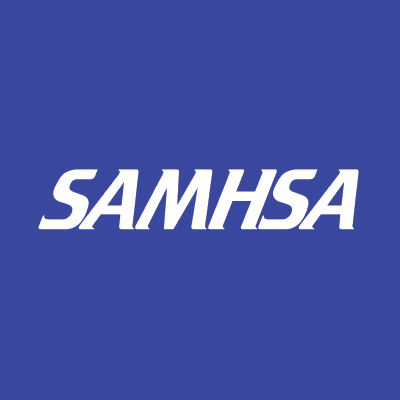I have been practicing for 30 years. So I have many hours of primary care experience and weaning patients from opioids, benzos, stimulants like Concerta/Ritalin, etc. I had thought those would be included but apparently not the first time I applied. I counted the hours to meet their requirements and appeared to meet them with primary care and addiction patient encounters. They apparently did not. They weren't specific why I was rejected the first time but hinted that I didn't have enough direct experience with addiction specific patient encounters. I also supervise multiple NP's, which should be teaching hours, who also do addiction medicine which appears to count as well but they are very specific in their requirements - per their webpage -
"Addiction Medicine practice outside of direct patient care, such as research, administration, and teaching activities, MAY count for a combined maximum of 75% (or 1440 hours).Only 25% (480 hours) of general practice can count towards the required hours for the Practice Pathway, and the remaining 75% must be specific Addiction Medicine practice."
I would recommend go over this and doing the FULL 1440 hours exclusively in direct addiction medicine one-on-one encounter hours to be allowed to sit for the exam. To be honest, I would also do the other required 480 hours in direct addiction medicine encounters too and not rely on primary care encounters only. I had changed from another job 18 months before becoming CMO of my current job and even though my previous medical director wrote a LOR, it appears my time there was dismissed since it was only primary care or weaning from narcotics patient experience and not actual one on one addiction medicine patient encounters. They need 2 contiguous years of patient encounters so even if you meet the requirement in one year it still won't allow you to sit for the exam. You need 2 years of specific practice in addiction medicine. It is likely since I didn't do the full 2 year cycle under the umbrella of addiction medicine I was rejected the first time.
And finally, they are on the honor system, and very fair, so they don't require specific patient encounters, diagnosis or any PHI which is unlike when I did my training in the early 90's for Family Medicine where I had a 3 X 5 index card with patient name and DOB for every procedure I did for Boards and hospital privileges. HIPPA has changed things. You will need a colleague, however, to write a LOR verifying, in general terms, that you really did do the addiction medicine encounter hours.

